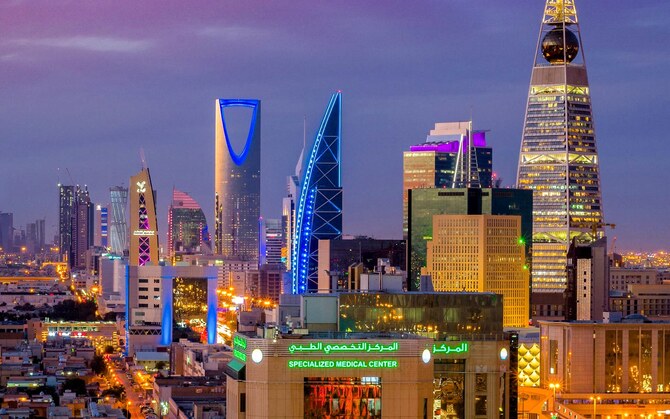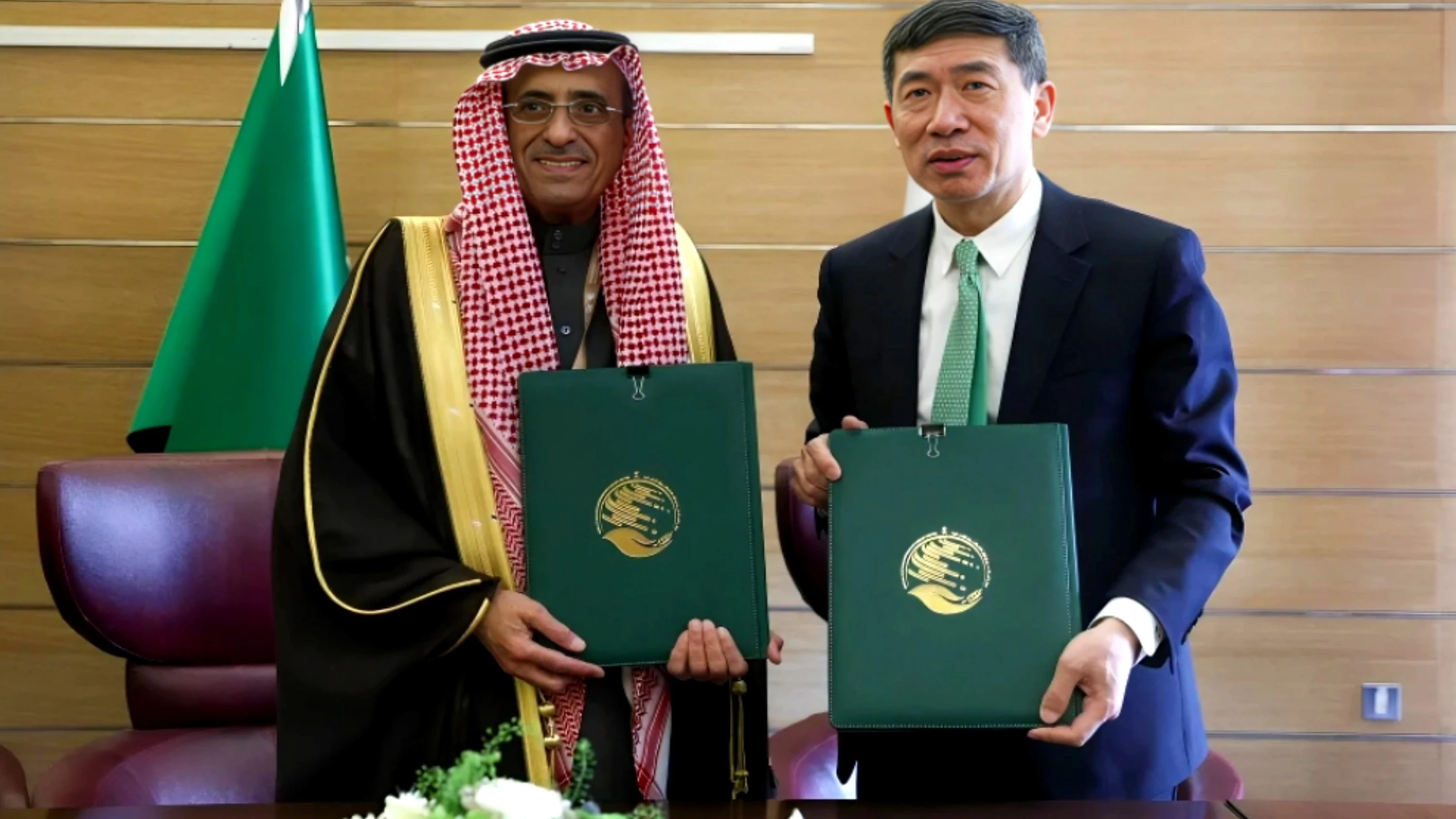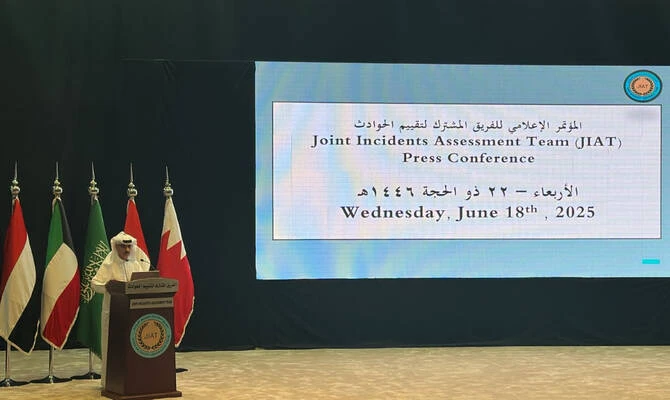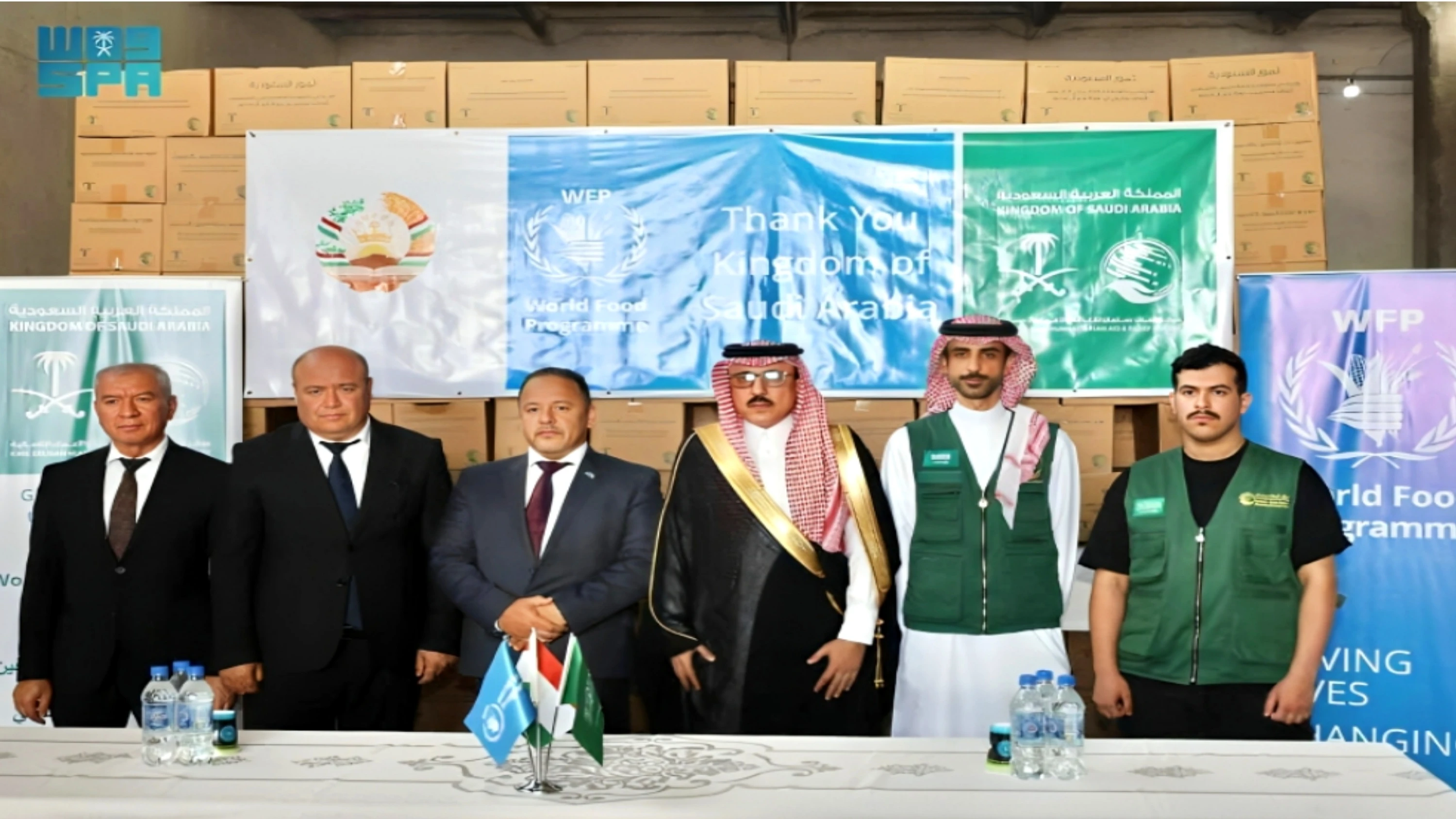Riyadh: Saudi Arabia’s economy is set for significant growth, with its gross domestic product (GDP) expected to rise from 1.2% in 2024 to 3.8% in 2025, according to the latest forecast by the Organisation for Economic Cooperation and Development (OECD). This growth positions Saudi Arabia as one of the fastest-expanding economies in the G20, despite global economic challenges.
The OECD’s projection reflects a turnaround for the Kingdom, with GDP growth moderating slightly to 3.6% in 2026. In contrast, global GDP growth is forecast to slow to 3.1% in 2025 and 3% in 2026, as many advanced economies face sluggish expansion due to trade tensions, inflation, and geopolitical instability.
Saudi Arabia’s inflation is projected to remain low and stable, standing at 1.9% in 2025 and 2% in 2026. This contrasts with the higher inflation rates seen in many major economies, where trade disruptions and rising labor costs contribute to price instability. The OECD noted that G20 inflation is expected to remain at 3.8% in 2025 and 3.2% in 2026, with core inflation above target in several advanced economies, including the U.S.
Saudi Arabia’s economic growth continues to be supported by its oil sector, despite ongoing efforts to diversify under Vision 2030. The OECD report highlighted that OPEC+ will begin gradually easing production curbs in April 2025, a move that could impact global oil prices. Meanwhile, Saudi Arabia is investing in non-oil sectors such as technology, tourism, and infrastructure to build economic resilience. However, the OECD warned that geopolitical risks and increasing protectionist trade policies could create volatility in energy markets.
The OECD painted a complex picture of the global economy, noting that growth is expected to decelerate in key markets. U.S. GDP growth is projected to slow from 2.8% in 2024 to 2.2% in 2025 and 1.6% in 2026, due to higher interest rates and trade tensions. Similarly, the eurozone is expected to grow by just 1% in 2025 and 1.2% in 2026, while China’s economic expansion is forecast to slow from 4.8% in 2025 to 4.4% in 2026.
A key concern highlighted by the OECD is the rise in trade barriers and its impact on global economic stability. The report warned that escalating trade restrictions could increase production costs and slow global GDP growth by an additional 0.3% over the next three years, particularly affecting economies like Canada, Mexico, and parts of Europe. The U.S. and China have already imposed higher tariffs on key goods, contributing to supply chain disruptions and increased costs.
While global inflation is expected to moderate, it remains above central bank targets in major economies like the U.S., the eurozone, and the U.K. through 2026. The OECD emphasized that central banks should remain cautious, balancing inflation control with economic growth concerns. In emerging markets, inflation is expected to persist in Brazil and South Africa, while remaining relatively contained in India and Indonesia.
The OECD also highlighted the role of artificial intelligence (AI) and structural reforms in shaping future economic resilience. OECD Chief Economist Alvaro Santos Pereira emphasized that AI could drive significant productivity gains over the next decade, provided that policies support its adoption and workforce adaptation. The report called for increased investment in digital infrastructure and competitive market policies to ensure long-term growth.
To navigate economic uncertainty, the OECD recommended avoiding further tariff escalations, promoting diplomatic trade solutions, and investing in AI and digital transformation. It also stressed the need for cautious monetary policies to keep inflation under control and encouraged structural reforms to create more resilient labor markets.
Saudi Arabia’s projected economic growth signals optimism amid global uncertainty. With stable inflation and strategic investments in diversification, the Kingdom is positioning itself as a leading G20 economy. However, external risks such as trade tensions and geopolitical instability could pose challenges in the coming years.








